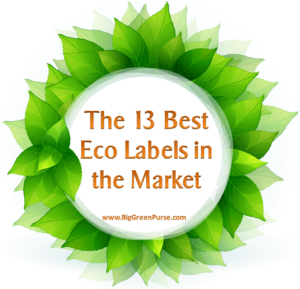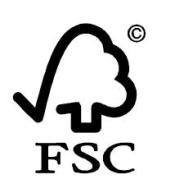One of the biggest obstacles green consumers — or green “wanna-bees” — face is knowing what’s really “green” and what’s just being hyped, or greenwashed, so businesses can make a buck.

Called Eco Pulse, the national study, which was reported in Brand Week, asked shoppers open-ended and multiple-choice questions about green issues. The results are disheartening for those of us who spend our time trying to help clarify marketplace and lifestyle choices.
According to the research, many people still don’t have a clue whether what their purchases actually make a difference. Neither can they vouch for the eco-status of the companies whose products they buy. If you ever wondered whether the certification efforts of the Institute for Market Transformation to Sustainability and other organizations were worthwhile, studies like these leave no question: certified green standards would help hold companies accountable while shining a bright green light on choices that actually are as eco-friendly as they claim to be.
Specifically, here’s what EcoPulse found:
* Half (49%) of respondents said a company’s environmental record is important in their purchasing decisions. But only 21% said they had actually chosen one product over another because the company was a good eco-citizen. And it gets worse: only 7% could name the environmental product they purchased.
– Despite the intense efforts of the past few years to educate people about climate change, only 57% agreed that “Global warming, or climate change, is occurring, and it is primarily caused by human activity.” At this point, shouldn’t that number be closer to 100%?
– The study also asked consumers to name which features a home should have for them to consider it green. Four in 10 (42%) said they didn’t know, while 28% said solar, 12% said compact fluorescent light bulbs and 10% named Energy Star appliances. Nothing else really registered. In a second survey that listed 17 features, consumers were asked to check those a home must have before they’d deem it green, reported Brand Week. The average number was 10.4.
– People weren’t even sure what makes a cleaning product green. Though the top-rated answer – “no harmful toxic ingredients or chemicals” – is essentially correct, the runner up – “the packaging is made of recycled or recyclable materials” – is important, but secondary to the product’s actual ingredients.
The survey posed some juxtapositions that are inherently false, such as whether people would put their personal comfort ahead of the environment. Of course, most respondents answered yes, even though quality of life usually improves, not diminishes, the greener one’s life gets.
And it should be no surprise that 40% of those queried felt “skeptical,” “irritated,” and “guilty” when the media focus the spotlight on people’s environmental impact. No one likes to acknowledge they’ve screwed up. The good news is that fully 60% said they were “better educated” or “glad” to be aware of the crisis the planet faces and what we can do about it.
Overall, cynicism seems to reign in the mind of the green consumer. When asked why companies adopt environmentally friendly practices, the most common response (47%) was “to make their company look better to the public.” Only 13% believed it was “because their owners/shareholders care about the environment.”
Businesses that actually go to the trouble of ensuring that their products and services meet independent, certified sustainable standards could go a long way towards reversing these numbers. They’d also help out consumers, who increasingly need a straightforward way to avoid the greenwash that is keeping them from parting with their greenbacks.

















2 thoughts on “We need sustainable standards so consumers know what to buy.”
I really can’t agree more on this one. If we can do it for foods, there is no reason why we can’t have environmental labelling. I’ve just seen Japan manage to introduce such a system.
Good point, Richard. I’d love to hear more about the Japanese system.
Comments are closed.